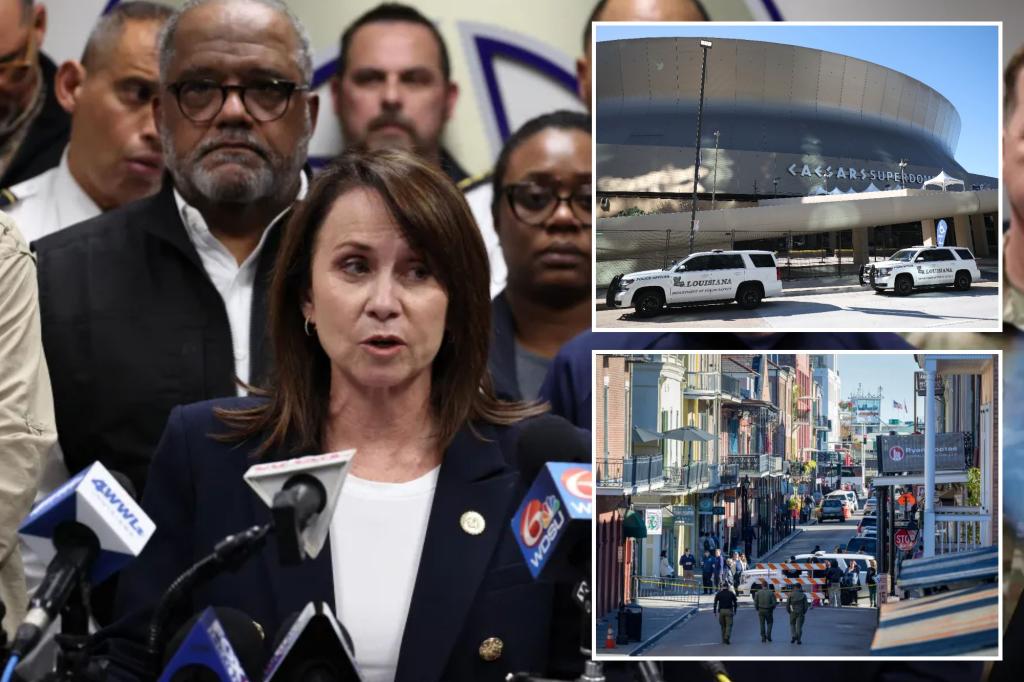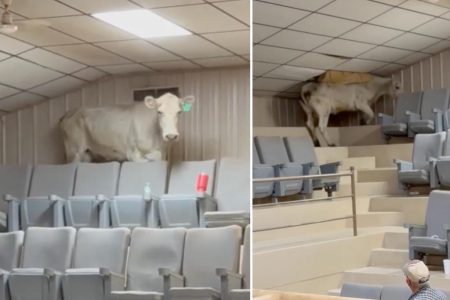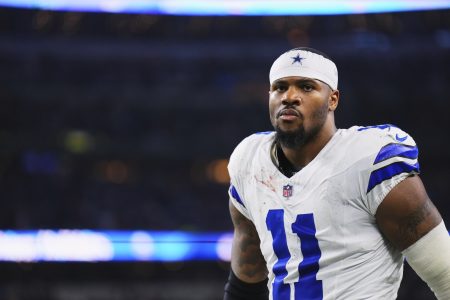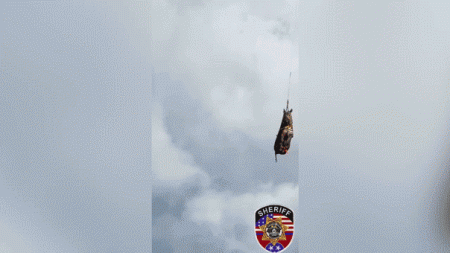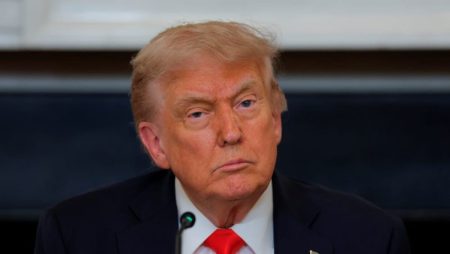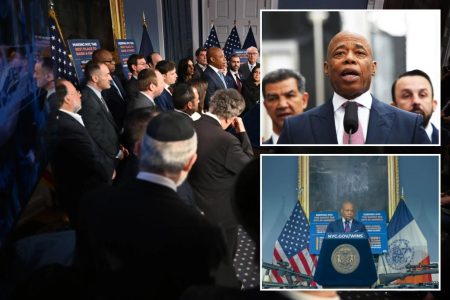The tragic events of New Year’s Day 2024 in New Orleans cast a long shadow over the highly anticipated Sugar Bowl, a College Football Playoff semifinal game between the Georgia Bulldogs and the Notre Dame Fighting Irish. A horrific truck attack on Bourbon Street, a renowned entertainment district in the heart of the city, claimed the lives of at least fifteen people, including a former Princeton football star, and injured dozens more. The incident, which occurred around 3:15 a.m. as revelers celebrated the new year, prompted calls for a postponement of the game, originally scheduled for Wednesday. Louisiana Attorney General Liz Murrill expressed her desire for a longer delay, suggesting a Friday game would be more appropriate given the gravity of the situation. However, organizers ultimately decided to postpone the game by just one day, moving it to Thursday afternoon.
The decision to proceed with the game, albeit with a 24-hour delay, was made after extensive consultations between various stakeholders. The Sugar Bowl CEO, Jeff Hundley, emphasized that the decision was made in the best interests of public safety and with the agreement of all parties involved, including ESPN, the College Football Playoff organization, the Southeastern Conference, the University of Georgia, and the University of Notre Dame. While the Caesar Superdome, the venue for the Sugar Bowl, was located approximately a mile away from the site of the attack, the proximity and the emotional impact of the tragedy weighed heavily on the decision-making process. The postponement aimed to allow time for the city to grieve and for law enforcement to conduct their investigation without the added pressure of managing a major sporting event.
The rescheduling of the Sugar Bowl disrupted the broader College Football Playoff schedule, requiring adjustments for the subsequent Orange Bowl game. The winner of the Sugar Bowl was slated to face Penn State in the Orange Bowl, originally scheduled for January 9th. This necessitated a re-evaluation of logistics and travel arrangements for both teams, as well as for the fans who had planned to attend the games. The ripple effect of the New Orleans tragedy underscored the interconnectedness of major sporting events and the need for flexibility in the face of unforeseen circumstances.
The attack on Bourbon Street sent shockwaves throughout the city and beyond. The FBI identified Shamsud-Din Jabbar as the suspected perpetrator and later confirmed he was killed in a shootout with law enforcement. However, the investigation remained active, with the FBI stating that Jabbar was likely not solely responsible for the attack, suggesting the possibility of accomplices or a larger network involved. This added another layer of complexity to the situation, further justifying the decision to postpone the Sugar Bowl and allow law enforcement to focus their resources on the investigation.
The response to the tragedy extended beyond logistical considerations. Notre Dame President, Rev. Robert Dowd, issued a statement expressing solidarity with the victims and their families, as well as with the first responders who bravely confronted the scene. His message emphasized the importance of compassion and unity in the face of such senseless violence, reflecting the broader sentiment within the Notre Dame community and the wider college football world. The tragedy served as a reminder of the fragility of life and the importance of supporting those affected by such events.
The New Orleans truck attack on New Year’s Day 2024 became a stark backdrop to the Sugar Bowl, forcing a postponement and prompting reflections on the impact of tragedy on major sporting events. While the decision to proceed with the game after a 24-hour delay was not without its complexities, it ultimately reflected a balance between respecting the victims and maintaining the integrity of the College Football Playoff schedule. The incident highlighted the need for preparedness and flexibility in the face of unforeseen events, while also underscoring the importance of compassion and community in times of crisis. The shadow of the tragedy undoubtedly lingered over the game, serving as a somber reminder of the lives lost and the resilience of the city of New Orleans.




